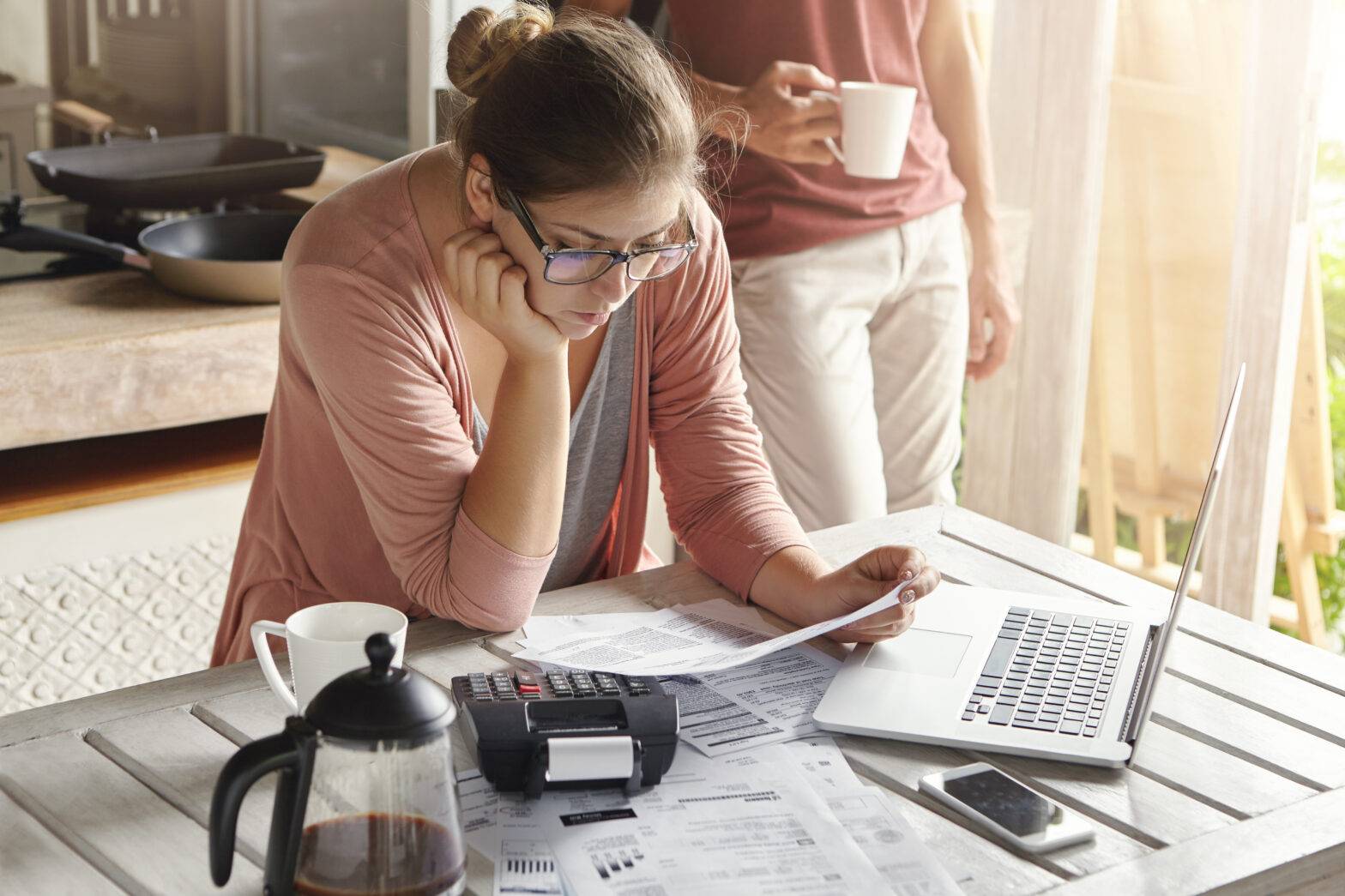Are you thinking about buying your first home? It’s an exciting milestone, but it’s essential to be financially prepared. To make the process smoother, it’s crucial to understand the responsibilities of homeownership, set a budget, know your credit score, clear any debts, determine your borrowing limit, get preliminary loan approval, save a sizeable deposit, calculate your monthly repayments, and consider potential rate rises. LiveInvest, a finance broker, can help you navigate the complexities of finding the best first-time buyer mortgages.
Introduction
Buying your first home is an exciting step, but it’s essential to be financially ready. This blog will help you understand the key steps before diving into homeownership and find the best first-time buyer mortgages with LiveInvest’s help.
Are you financially ready to buy a house?

Before buying a home, assess your financial readiness. Consider stable income, manageable debts, and a good credit score. These factors will help you qualify for a mortgage.
1. Know the responsibilities of homeownership
Owning a home is more than just having a place to live—it comes with responsibilities. As a homeowner, you’re responsible for the upkeep and maintenance of your property. This includes tasks like repairing any damages, maintaining the lawn and garden, and ensuring that the property is safe and habitable. Additionally, you’ll need to budget for ongoing expenses such as property taxes, homeowners insurance, and utilities. Understanding these responsibilities upfront can help you prepare mentally and financially for homeownership.
2. Have a budget
A well-defined budget is essential to being a successful homeowner. Examine your finances carefully before you begin your house quest to ascertain how much you can afford to spend on a property. Take into account elements like your monthly spending, loan balances, and income. Being honest about your financial situation is crucial. You should consider not only the initial cost of the house but also continuing expenses like utilities, upkeep, and property taxes. Your search will be more focused and you won’t fall in love with a house that is out of your price range if you have a set budget.
Investment property financing is a significant aspect to consider during this process. Whether you’re purchasing a home for personal use or as an investment property, securing the right financing is key to achieving your goals. By aligning your budget with your financing options, you can make informed decisions that support your long-term financial objectives.
3. Know your credit score and clear your debt
The process of getting a mortgage approved is heavily influenced by your credit score. Your credit score is a factor that lenders use to evaluate your creditworthiness and set the interest rate for your loan. Get a copy of your credit report and look up your score before applying for a mortgage. If your score is lower than you would like, take action to raise it by paying off debt that isn’t yet due and paying all of your bills on time. You can save thousands of dollars over the course of your loan by being eligible for a better interest rate thanks to a higher credit score.
4. Know your borrowing limit
Understanding your borrowing limit is essential for staying within your means when buying a home. Your borrowing limit is based on factors such as your income, expenses, credit score, and deposit size. Before you begin looking for a house, it’s a good idea to get pre-approved for a mortgage. This will help you understand how much money you can borrow. This will give you a clear idea of your budget and help you narrow down your search to homes that you can afford.
5. Get home loan preliminary-approval
Getting pre-approved for a home loan is a smart move for first-time buyers. Pre-approval entails providing your financial details to a lender, who assesses how much they’re willing to lend you. Holding a pre-approval letter demonstrates to sellers that you’re a committed buyer, potentially giving you an edge in a competitive market. It also gives you a clear idea of your budget so you can shop for homes with confidence.
6. Sizeable deposit
Saving for a sizable deposit is one of the most important steps you can take as a first-time buyer. Having a larger deposit means you’ll need to borrow less, which can lead to qualifying for a better interest rate and lower monthly repayments. It’s advisable to aim for at least a 20% deposit of the home’s purchase price. If keeping a large deposit seems daunting, consider options like the First Home Buyers Scheme, which can help you get into your first home with a smaller deposit.
7. Calculate monthly repayments
Before committing to a mortgage, you must understand how much your monthly repayments will be. Use a first-time buyer mortgage calculator to estimate your repayments based on different loan amounts and interest rates. This will give you a clear picture of what you can expect to pay each month and help you budget accordingly. Make sure to account for extra expenses like property taxes, insurance, and maintenance when planning your housing budget. These costs may accumulate and have a notable impact on your overall homeownership expenses. Thus, it’s crucial to factor them in while crafting your budget.
8. Could you afford a rate rise?
When taking out a mortgage, it’s essential to consider the possibility of interest rate rises in the future. Even though interest rates are presently low, they have the potential to change over time. This could lead to fluctuations in your monthly repayments. Before committing to a mortgage, consider whether you could afford higher repayments if interest rates rose. One way to do this is by stress-testing your budget. You can do this by using a home loan repayment calculator to figure out how much your repayments would go up by if rates increased by 1% or 2%. Doing this can help you decide if you’re comfortable taking on the financial responsibility of owning a home.
Final thoughts

Buying your first home is a significant milestone. By following these steps and working with LiveInvest to find the best first-time buyer mortgages, you can make your homeownership dream a reality.
In conclusion, buying your first home can be a daunting task, but with careful planning and the proper support, you can find the best first-time buyer mortgages that suit your needs. LiveInvest, as a finance broker, can provide the guidance and expertise you need to navigate the process smoothly.




